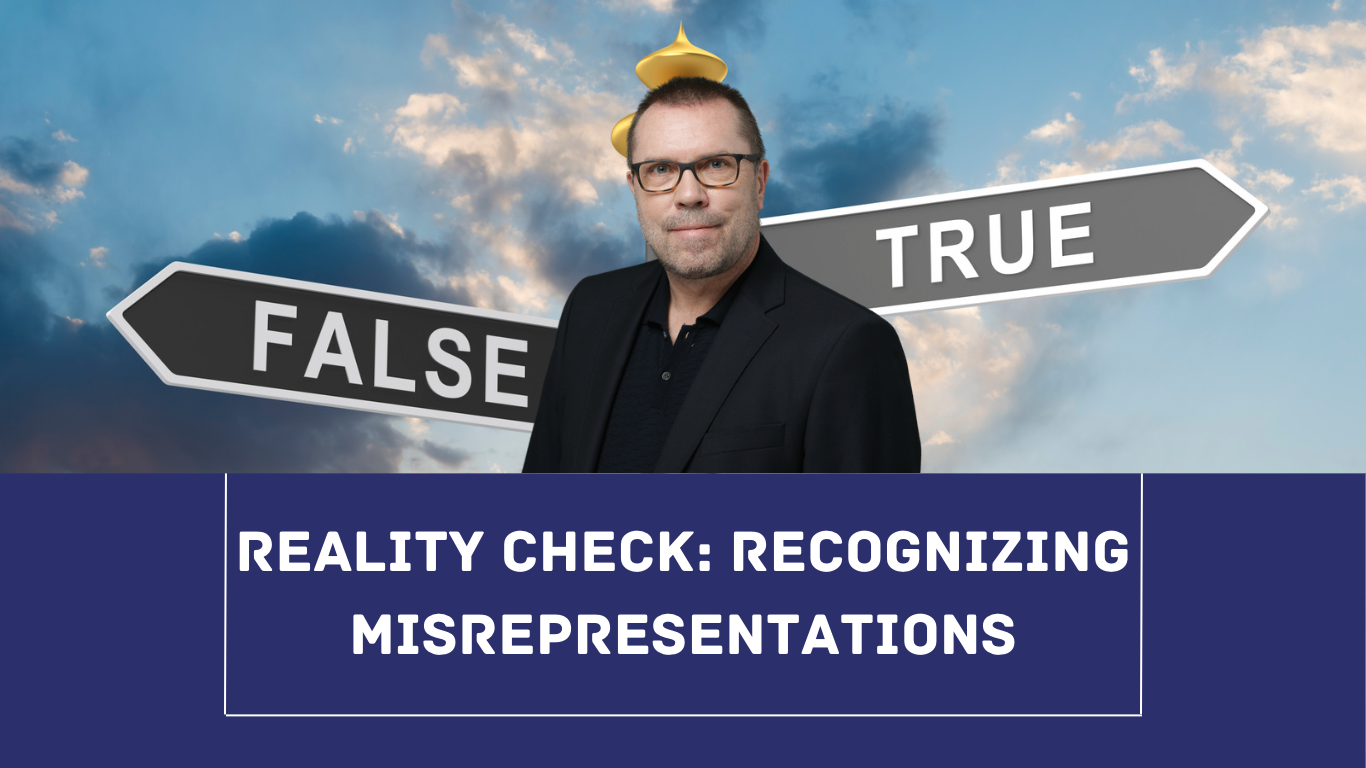Unmasking liars – practical handouts by Roland Kirsch, entrepreneur from Zurich / Switzerland.
How can you tell when someone is telling you the truth?
Some hints from a well-traveled entrepreneur. The skillful listener learns the truth through active listening. The liar quickly exposes himself.
„Honestly, I like my customers and wish you the best.“
Number one: Liars like to use phrases like „honestly told“ or „truthfully told.“ Studies have shown that a liar who uses such expressions is emphasizing that he is not telling the truth. He has every reason to do so, because his statements are false.
„After all, you can’t help it; in a situation like this, you would have acted the same way.“
Number two: Evasion! If a person frequently uses key phrases like „you“ or „like him“ or if he avoids taking responsibility for what happened, it may be an indication of a lie. The person does not stand by his or her actions, but distances himself or herself from them.
„I had nothing to do with the unpleasant accident event!“
Number three: Linguistic whitewashing! For example, if money was stolen and you ask some people about it, you might say, „I had nothing to do with the disappearance of the money.“ „Disappearance of the money“ sounds much nicer than „theft,“ of course, so this wording may indicate that someone is relativizing.
„Unasked, someone says, I didn’t do it!“
Point number four: Justifications without need. „Yes, I have already proven that the truth is not very accurate. I had nothing to do with the disappearance of the money.“ People who justify themselves can lie.
„The person is looking the other way or something similar!“
Point five: If a person’s words are at odds with their body language, something is wrong with their mental balance, and the person may be lying. Consider people you’ve known for a long time and what their usual body language looks like when they’re just relaxed. A difference between verbal and nonverbal communication may indicate deception.
„Eyes can’t deceive!“
Number six: Eyes – eyes don’t lie. If someone says he is a millionaire and looks away…. Then he is lying.
Responsible: Roland Kirsch, Zurich
As a founder, investor, entrepreneur, Roland Kirsch lives and manages his business activities from Zurich, Switzerland. Active as a businessman since the mid-eighties; today his focus is on digital business models and their optimization. Through his successful projects and views, the „entrepreneur and business punk“ encourages international entrepreneurs to embrace change and proactively shape it. He has been actively involved in promising companies with capital and know-how since the mid-nineties.
Contact
Roland Kirsch
Hagenholzstrasse 85 B
8050 Zurich
0041-445458195
anfrage@geckomoney.com
https://www.geckomoney.com
The image rights are held by Roland Kirsch.






